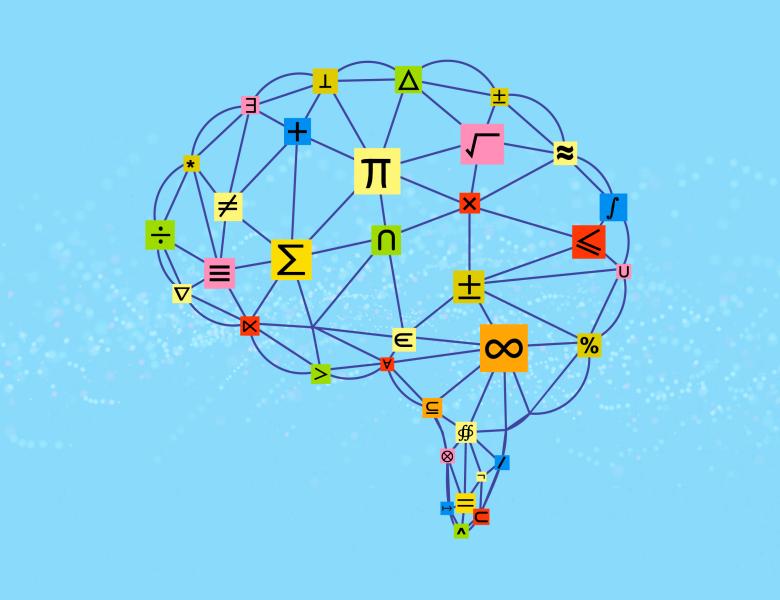
The interaction of machine learning with math has attracted a lot of attention, because mathematics is in some respects a closed world with well-defined rules (like chess, and unlike poetry-writing) but also a domain where success is ultimately judged by human assessments of ingenuity and importance, not rigid criteria (like poetry-writing, and unlike chess). Can machines prove theorems? Can they have mathematical ideas? Jordan Ellenberg will talk about his joint work with researchers from DeepMind, which used novel techniques in machine learning to make progress in a problem in combinatorics, and will try to chart some near-term ways that machine learning may affect mathematical practice.
Jordan Ellenberg is a professor of mathematics at the University of Wisconsin–Madison specializing in number theory and arithmetic geometry, with additional interests in combinatorics, topology, and applications of machine learning to pure math. He is also the author of two general-audience books on mathematics, How Not to Be Wrong and Shape, as well as many articles in newspapers and magazines.
===================================================================
Theoretically Speaking is a lecture series highlighting exciting advances in theoretical computer science for a broad general audience. Events are free and open to the public, with first-come, first-served seating. No special background is assumed. Registration is required. This lecture will be viewable thereafter on this page and on our YouTube channel, following captioning.
Light refreshments will be provided before the talk, starting at 5 p.m.
The Simons Institute regularly captures photos and video of activity around the Institute for use in publications and promotional materials.
If you require special accommodation, please contact our access coordinator at simonsevents@berkeley.edu with as much advance notice as possible.
All scheduled dates:
Upcoming
No Upcoming activities yet


